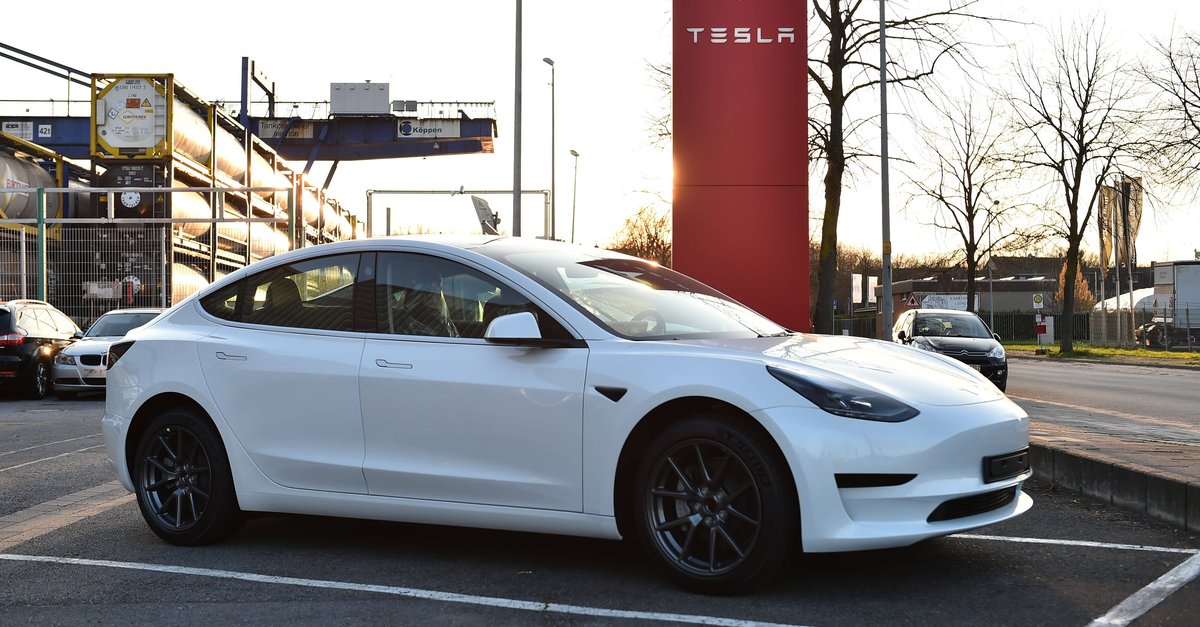Brussels has been blocking Euro 4 diesel completely from the city since the beginning of the year
The new year has started and new laws and guidelines are taking effect in many countries around the world. While in Germany we can primarily look forward to more consumer rights (e.g. shorter notice periods) [1], old combustion engines are banned from the city in Brussels. Because in the so-called zones with low emissions (LEZ) new regulations for air pollution control apply.
All diesel vehicles complying with the Euro 4 standard are affected by the ban. This emission standard originally dates back to 2005 and was one of many steps at that time to reduce emissions from diesel engines [2]. A far stricter standard, Euro 6, is now in force, which is expected to be replaced by Euro 7 in the middle of the decade.
In Belgium, the ban affects around 76,500 vehicles, most of them 11 years of age or older, so it affects a not inconsiderable proportion of the population. Because anyone who drives into one of the city’s 19 municipalities with their old diesel runs the risk of being fined.
This is 350 euros and will be charged from April at the earliest [3]. The ban has been in effect since Saturday, but anyone who drives into the city in a Euro 4 vehicle up to and including March 31st will only receive a notification without a fine. In this way, it should be avoided that individual people receive a penalty who have not yet noticed the change.
It was high time for the ban in Brussels. A study that examined around 130,000 vehicles in the capital has come to the conclusion that diesels with the Euro 4 emissions standard are responsible for around half of all fine dust particles, and 25 percent for toxic nitrogen oxide. And that despite the fact that such vehicles only make up 12 percent of the vehicle fleet.
In doing so, the capital is on a path that hopefully other cities will soon follow. In Belgium around 9,000 premature deaths can be traced back to air pollution, in Germany around 154 per 100,000 people die. And if we look at the world, around 8.8 million people die prematurely every year [4]. So fresh air has to be the standard and not a privilege.
Via Brussels Times



